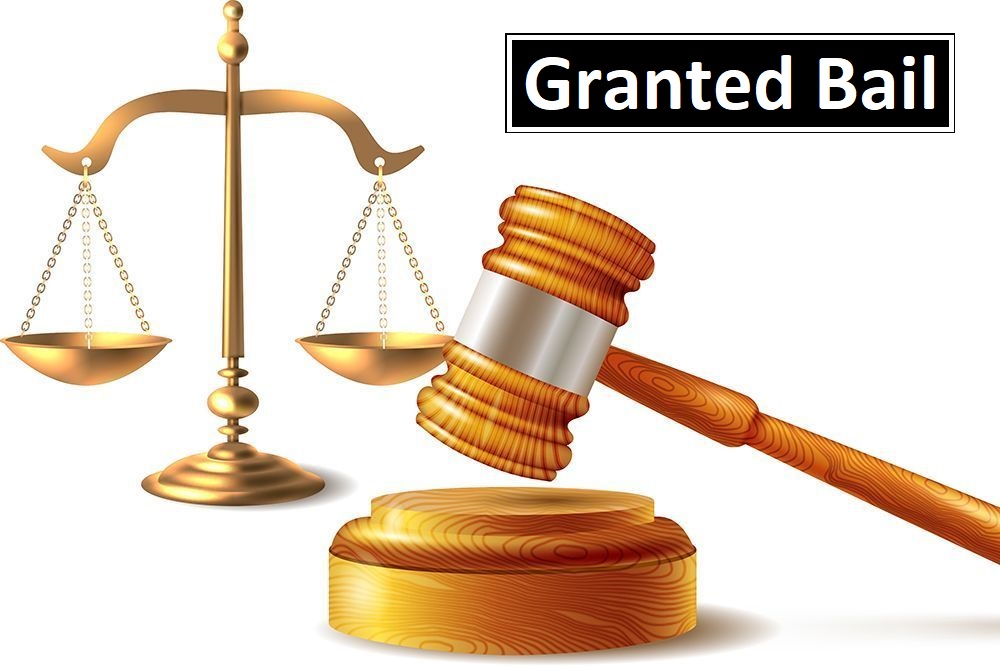Once it is obvious that a timely trial would not be possible and the accused has suffered incarceration for a significant period of time, the Courts would ordinarily be obligated to enlarge him on bail. Such an observation was made by the Hon’ble Supreme Court Of India before Hon’ble Justice AJAY RASTOGI & Hon’ble Justice ABHAY S. OKA in the matter of ASHIM @ ASIM KUMAR HARANATH BHATTACHARYA vs NATIONAL INVESTIGATION AGENCY [CRIMINAL APPEAL NO(S). 1525 OF 2021] on 01.12.2021.
The facts of the case were that an FIR against the appellate was lodged under Sections 120B, 121, 121A, 122 of the IPC, Section 25(1A) of the Arms Act, 1959, and Section 5 of the Explosive Substances Act, 1908 on 01.03.2021 and the charges were framed after 7 years of filing the charge sheet. The appellate is currently 74 years old and has already undergone 9.5 years. Thus, applied for post-arrest bail, but the same was denied by the learned trial court and the Hon’ble High court. Thus, the instant appeal is preferred by the appellate.\
The Hon’ble Supreme Court Of India observed that “We have to balance the nature of crime in reference to which the appellant is facing a trial. At the same time, the period of incarceration which has been suffered and the likely period within which the trial can be expected to be completed, as is informed to this Court that the statement of PW1/defacto complainant has still not been completed and there are 298 prosecution witnesses in the calendar of witnesses although the respondent has stated in its counter-affidavit that it may examine only 100 to 105 witnesses but indeed may take its own time to conclude the trial. This fact certainly cannot be ignored that the appellant is in custody since 6th July, 2012 and has completed nine and half years of incarceration as an undertrial prisoner.”
Additionally, the Hon’ble Supreme Court Of India held that liberty guaranteed in Part III of the Constitution would cover within its protective ambit not only due procedure and fairness but also access to justice and a speedy trial is imperative and the undertrials cannot indefinitely be detained pending trial. Once it is obvious that a timely trial would not be possible and the accused has suffered incarceration for a significant period of time, the Courts would ordinarily be obligated to enlarge him on bail.
Finally, the Hon’ble Supreme Court Of India directed the learned trial court to grant post-arrest bail to the appellate.
Click Here To Read The Judgment
Judgment Reviewed by: Rohan Kumar Thakur


